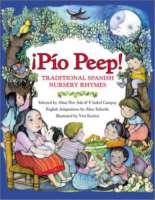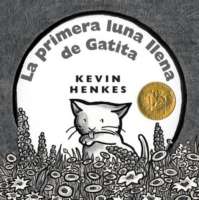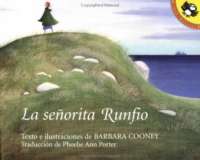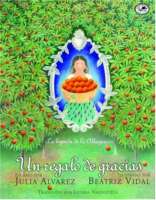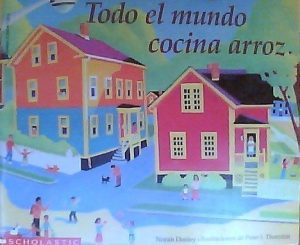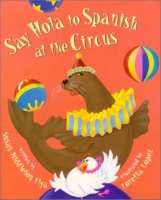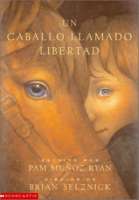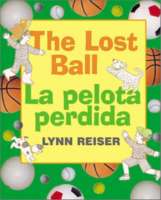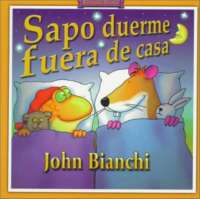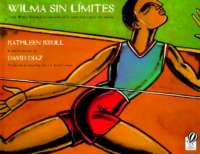
The Spanish-language edition of Wilma Unlimited.Before Wilma was five years old, polio had paralyzed her left leg. Everyone said she would never walk again. But Wilma refused to believe it. Not only would she walk again, she vowed, she’d run. And she did run–all the way to the Olympics, where she became the first American woman to earn three gold medals in a single olympiad.

